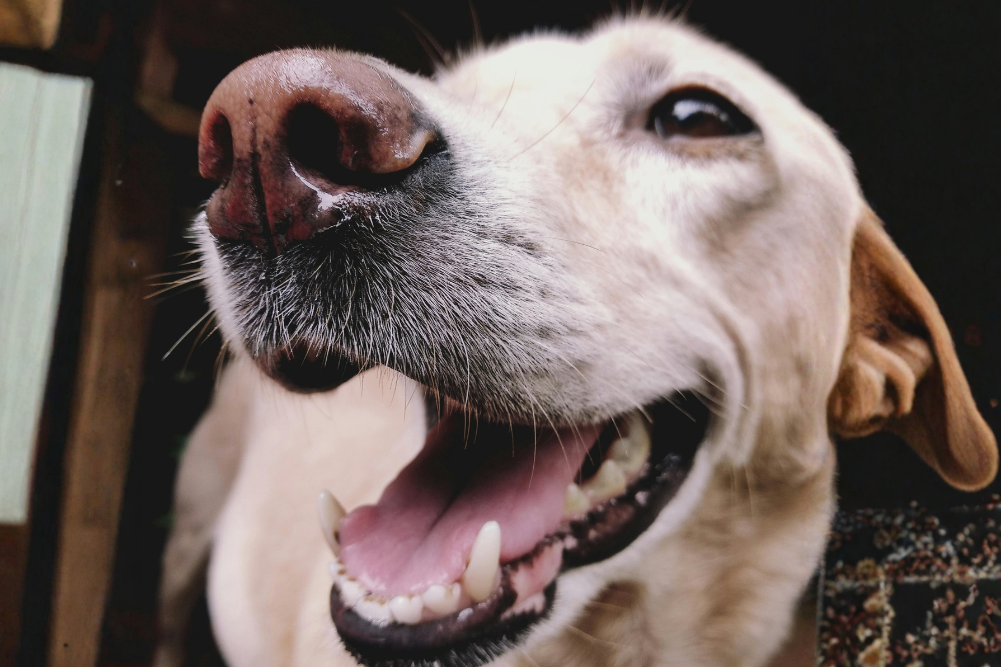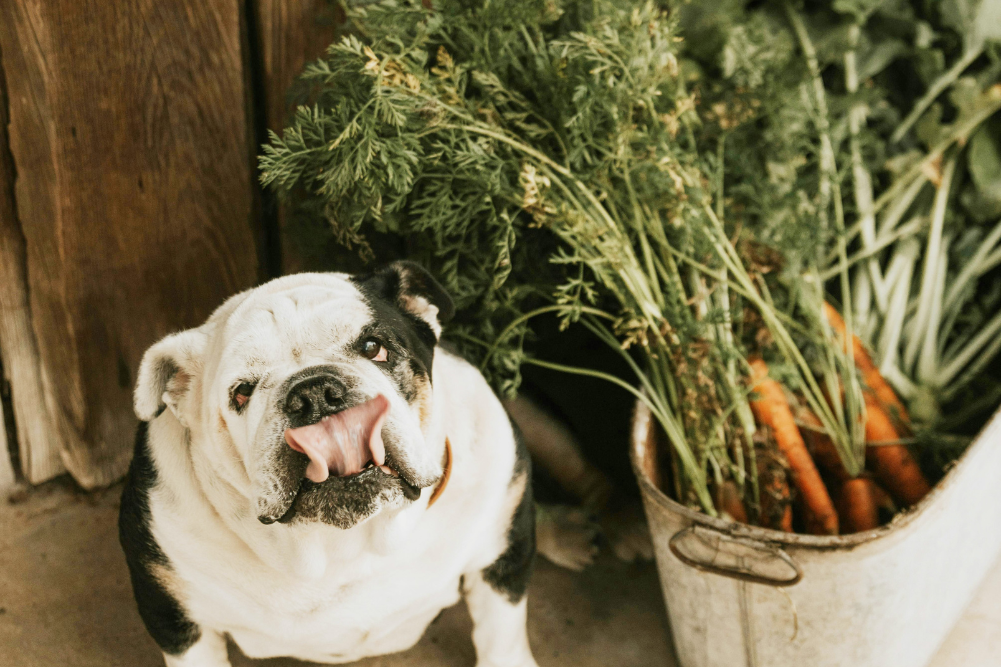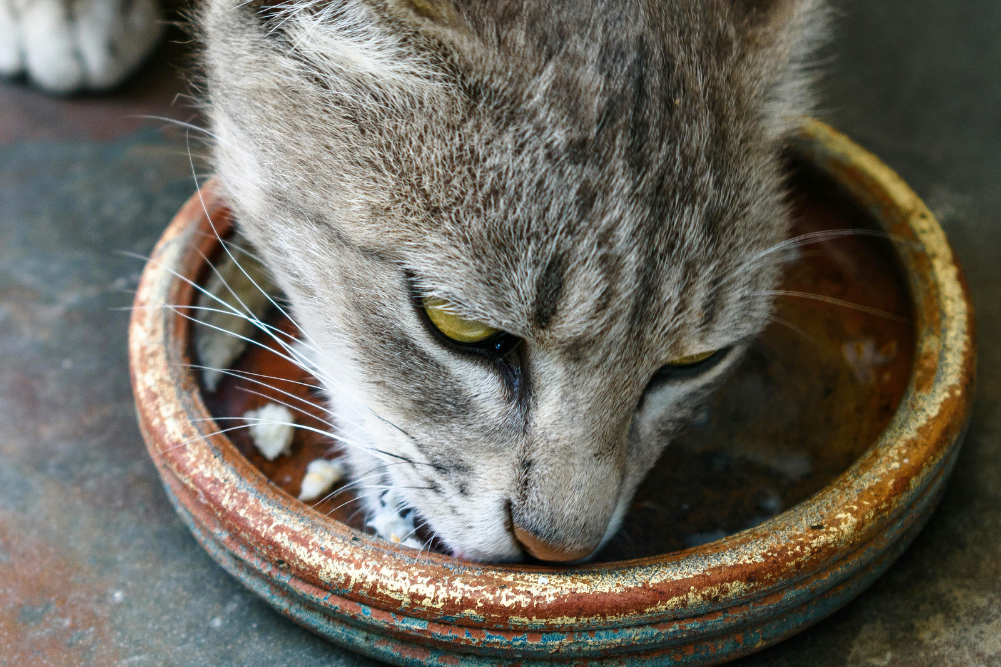Adaptogens for your pet’s stress
In veterinary practice, chronic stress is associated with many health problems of domestic pets, as well as of livestock and wildlife. Adaptogens are herbs we can add to other diet and herb strategies to help our pets cope with stress.
Stress
The physiology of stress is complex and involves a cascade of hormones. The purpose of these hormones is to mediate the fight/flight stress response, required to enhance survival. However, when stress persists, the chronic effects of these hormones affect health. These effects may include immune effects, effects on renal function, blood pressure, cognitive function, insulin resistance, reduced thyroid hormone, inhibition of reproductive hormones and adrenal depletion.
Symptoms of adrenal stress in dogs and cats may include lethargy, anxiety, low immunity or tendency to infections. Chronic stress is associated with cancer, irritable gut, allergies, urinary problems in cats and behavioural problems in dogs and cats. The stress can be due to external factors such as poor diet, exposure to toxins or environmental stress, or to internal factors such as illness or pain.
Options for supporting adrenal health include a balanced diet, using fresh quality ingredients, and a diet containing nutrients required for health. Supplementing with B vitamins, antioxidants and coenzyme Q10 may also help.
Adaptogens
Adaptogens are herbs that improve the body’s ability to adapt to stress. They also help to manage the effects of long-term exposure to environmental toxins. They are used to treat patients with many chronic diseases. Many have other effects including tonic and immune modulation. They may be used in veterinary patients at the time of convalescence, post-operative care, chronic stress, anxiety, cancer co-care and improvement of performance in athletes or agility dogs.
Adaptogens will usually be combined with herbs specific to the patient. For acute conditions secondary to chronic stress, specific herbs may be required to manage symptoms.
Siberian ginseng (Eleutherococcus senticosus) is an adaptogen and immune-modulating herb. Its traditional use is to treat insomnia and rheumatoid arthritis, regulate blood pressure, treat infertility and treat depleted patients. Its adaptogenic effects include regulation of the stress response, stimulation of the immune system, improved mental performance and improved tolerance of conventional cancer treatments including radiation. In veterinary medicine it has been used to improve reproduction in cattle, milk yield in cows and egg productivity in chickens.
Adaptogens are herbs that improve the body’s ability to adapt to stress.
Although it is thought to be reasonably safe, some adverse effects have been reported in people including headaches, irritability and anxiety. It is usually not recommended for long-term use.
Withania (Withania somnifera), otherwise known as ashwagandha or Indian ginseng, is a traditional Ayurvedic remedy. It is a tonic, adaptogen, nervine and sedative, and is used to promote physical and mental health, improve immunity against disease, reduce stress from outside stressors, treat chronic debilitation and increase longevity.
At high doses it also has antitumour, anti-inflammatory and anodyne effects. It has a traditional veterinary use to promote milk flow in cattle, treat cough, dropsy (an old word that means swelling of soft tissue due to accumulation of water — we know it as oedema) and snakebite.
Holistic vets may consider using it, along with other natural remedies, to help patients with cognitive decline, to reduce side effects from chemotherapy (especially cyclophosphamide or long-term corticosteroid treatment), for chronic inflammatory diseases, chronic disease and debility, to aid recovery from surgery or illness, to treat failure to thrive in puppies or kittens, and as an adaptogen for patients with chronic stress. It is a safe herb, but there may be some herb drug interactions, so ideally seek advice from a vet experienced in prescribing herbal medicine.
It can be given to dogs and cats in tablet form, although herbal tablets designed for human use may not always be well absorbed in pets. Alcohol tinctures (often combined with other tonics and nervines) can be used, usually diluted in just-boiled water and mixed in food. We may add the dried herbs to another TCM-powered herbal formula for ease of dosing.
Astragalus (Astragalus membranaceus) root is a tonic, adaptogen, immune-enhancing, cardio tonic, diuretic and hypotensive herb. Astragalus is one of the most commonly used herbs in our holistic vet practice, either combined in Western herbal tinctures with other appropriate herbs, or in a TCM herbal formula. Astragalus is found in Bu Zhong Yi Qi Tang, used in cancer co-support to minimise toxic side effects from doxorubicin, and to treat prolapses and incontinence. It is also found in Liu Jun Zi Tang, used to treat poor appetite and nausea, and Xiao Chai Hu Tang which is also a commonly used formula for cancer care, as well as liver and kidney disease, cough, chronic joint diseases and immune-mediated disease.
Reishi mushroom (Ganoderma lucidum) is one of the medicinal mushrooms and has immune modulation, tonic and calming effects. It has many uses in human medicine including cancer co-care, treating viral infections, chronic fatigue syndrome and anxiety and reducing high cholesterol. We often use this combined with other medicinal mushrooms for immune-modulating effects. We may also add it to a TCM herbal formula (this is a useful strategy for adding herbs to the treatment for cats or fussy dogs, so it can all be mixed in food or a single gelcap).








